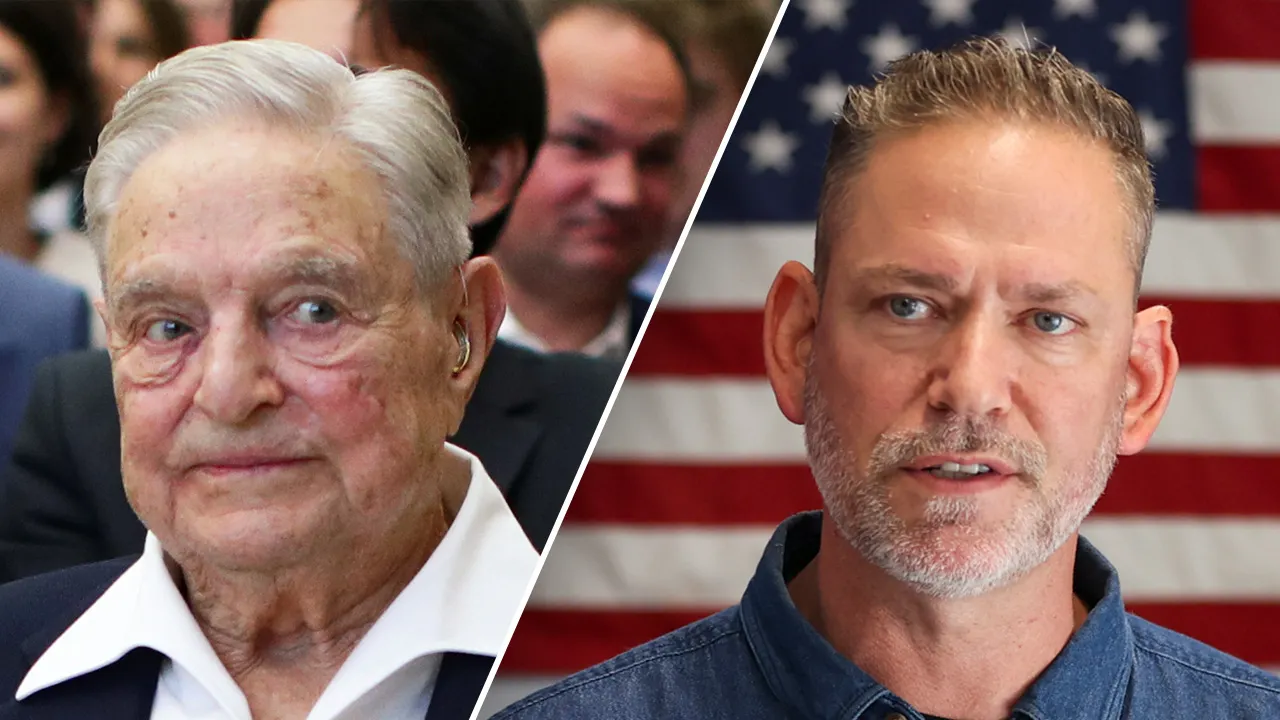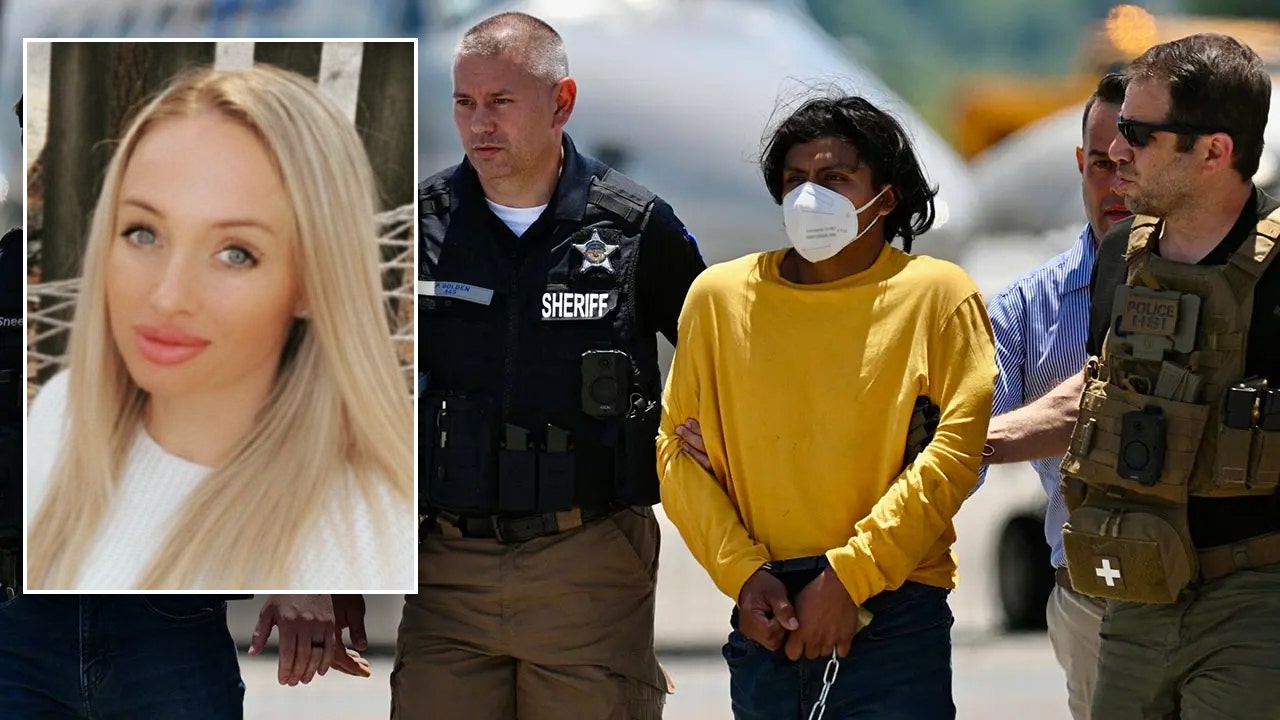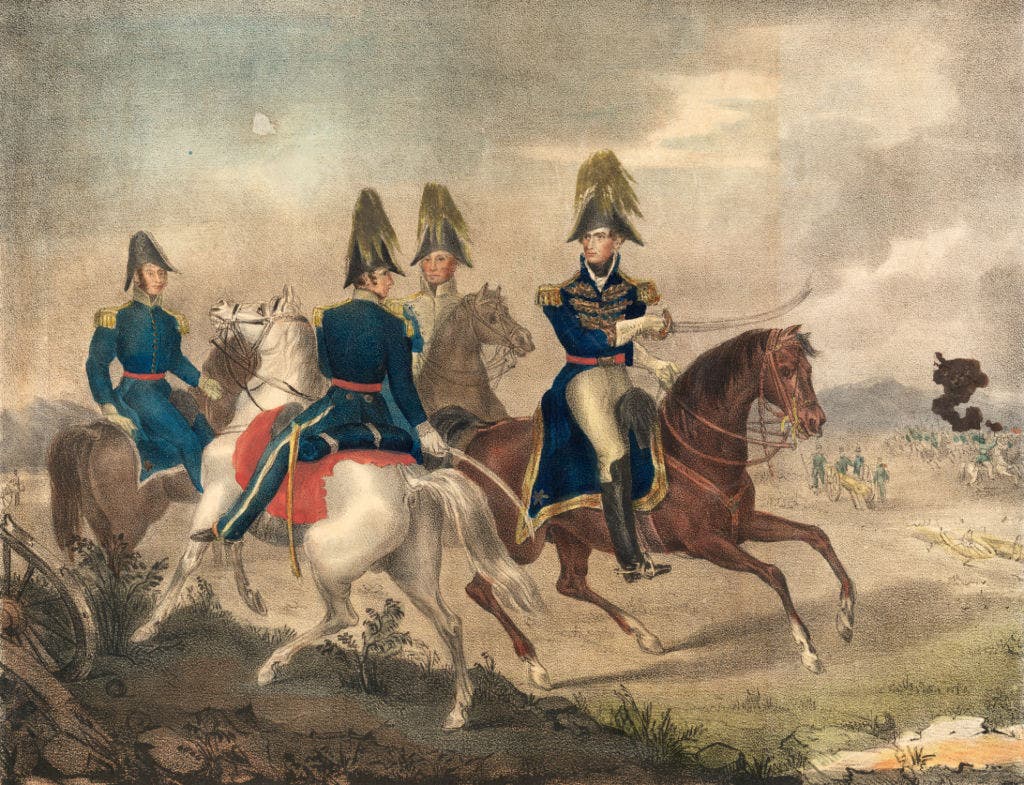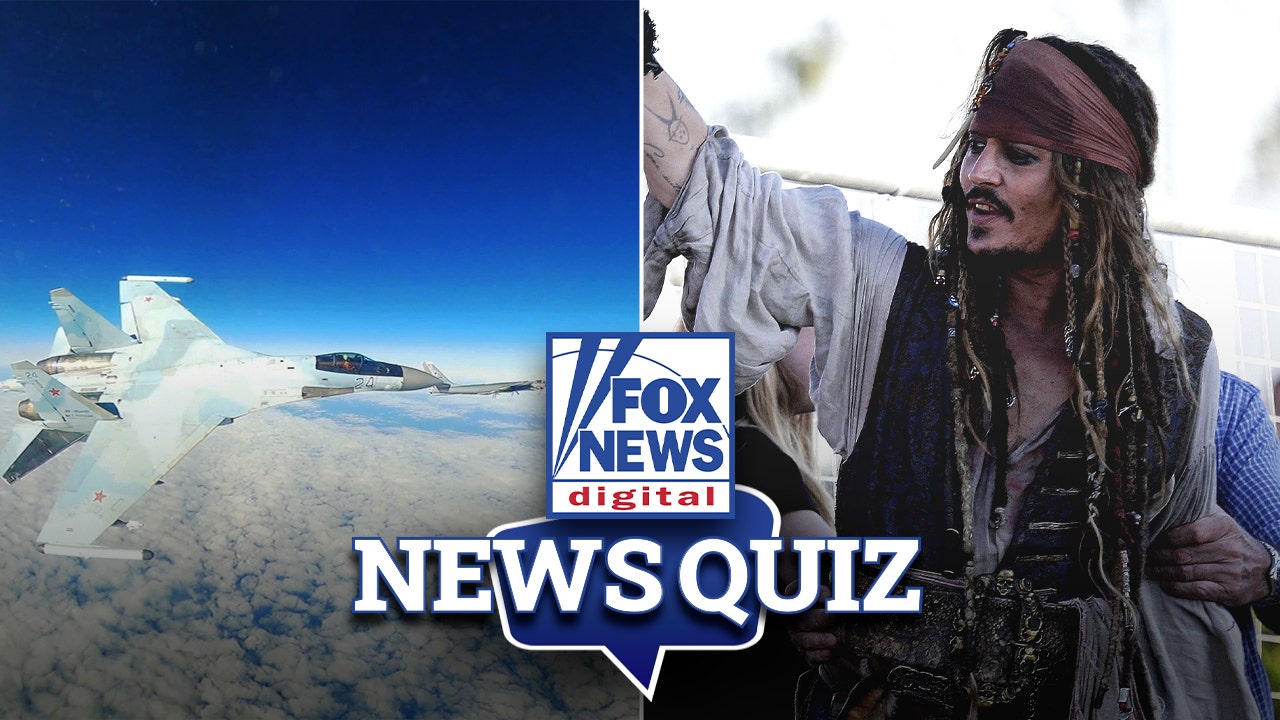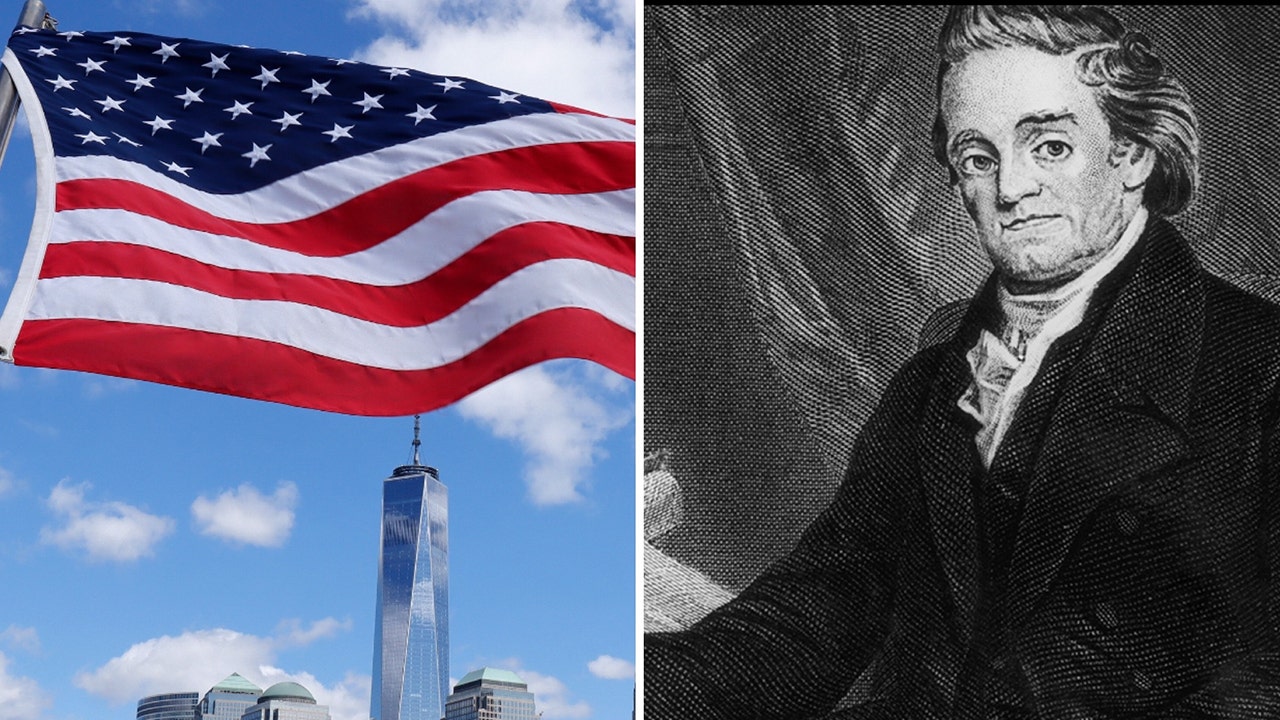General William Henry Harrison led a stunning victory over British forces and their Native allies in the Battle of the Thames on this day in history, Oct. 5, 1813.
The swift American victory in the War of 1812 had long-term repercussions on U.S., British and Native American history and on the settlement of the west.
The battlefield heroics propelled Harrison, the son of Founding Father and Declaration of Independence signer Benjamin Harrison V, to the White House in 1841.
ON THIS DAY IN HISTORY, OCT. 4, 1927, MOUNT RUSHMORE’S MOMENT OF CREATION BEGINS IN SOUTH DAKOTA
“The Battle of the Thames (also known as the Battle of Moraviantown) was a decisive American victory that brought Michigan and the Old Northwest back under American control,” writes Canada’s National History Society about the encounter fought on the Ontario side of Lake Erie.
Shawnee chief Tecumseh, who bravely led resistance to American expansion in what are now the Midwestern states, was killed in the battle.
“The Indians scattered, never again to offer serious resistance in what was then called the Northwest,” reports WhiteHouse.gov in its official biography of Harrison, the ninth president.
ON THIS DAY IN HISTORY, SEPT. 7, 1813, UNCLE SAM BECOME SYMBOL OF NATION DURING WAR OF 1812
Tecumseh and the British had seized the American fort in Detroit a year earlier, in the early days of the War of 1812.
“The Indians scattered, never again to offer serious resistance in what was then called the Northwest.”
Americans reclaimed the stronghold after Commodore Oliver Hazard Perry led a stunning U.S. victory over the British navy in the Battle of Lake Erie on Sept. 10, 1813.
Perry famously messaged Harrison, “We have met the enemy, and they are ours.”
Spurred by Perry’s heroics on the water, General Harrison’s forces recaptured Detroit days later and forced the British and Native forces into Ontario.
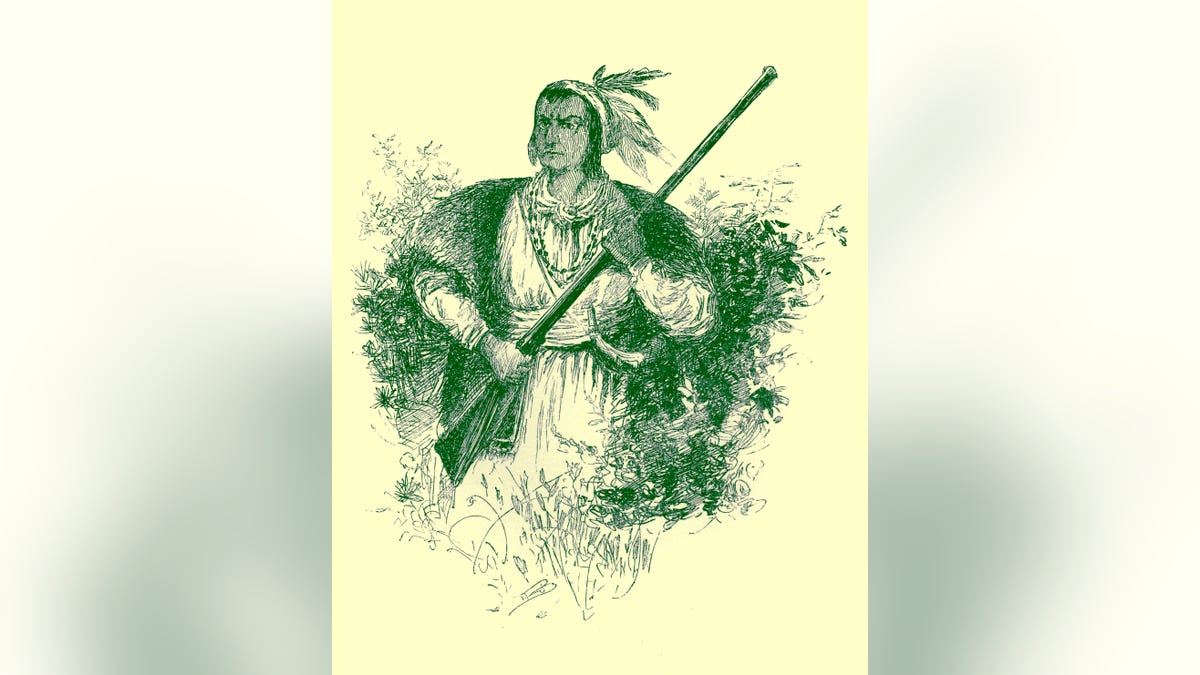
Controversy has lingered for years over what many scholars say was the British betrayal of Tecumseh during the battle, as their demoralized forces fled and left the Shawnee and his allies to fight alone against American troops.
ON THIS DAY IN HISTORY, AUGUST 19, 1812, OLD IRONSIDES LEGEND BORN IN SMASHING VICTORY OVER ROYAL NAVY
“When news arrived of the British betrayal of Tecumseh to other Native American tribes, many began to revoke their treaties and disassociate from British allegiance, thereby ending British influence over these tribes and removing the possibility of future Native American attacks on American positions,” states the American Battlefield Trust.
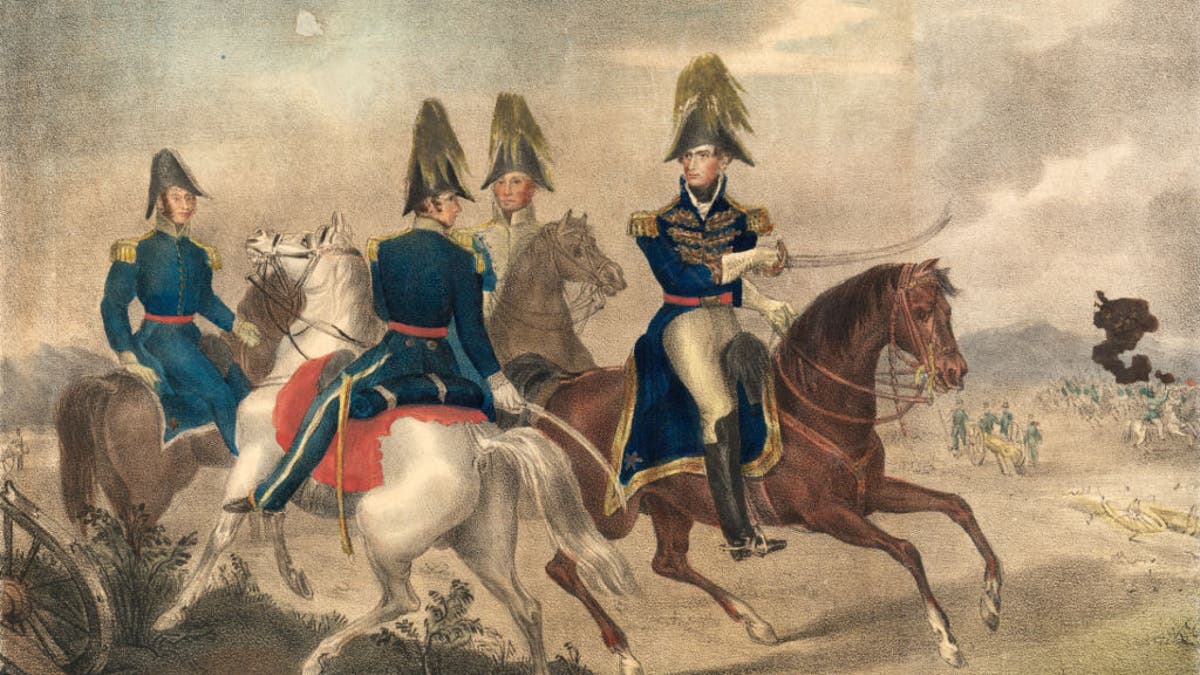
“Thus, as the American military stood victorious over both the British and Native Americans, General Harrison brought his army back to Detroit.”
“Harrison parlayed the victory in War of 1812 … into a run for presidency in 1840.”
Harrison parlayed the victory in War of 1812, and his earlier win over Tecumseh at the Battle of Tippecanoe in 1811, into a run for presidency in 1840.
Harrison famously campaigned as a war hero under the rallying cry, “Tippecanoe and Tyler, too” — the former reference to his wartime heroics, the latter to running mate and popular Virginia politician John Tyler.
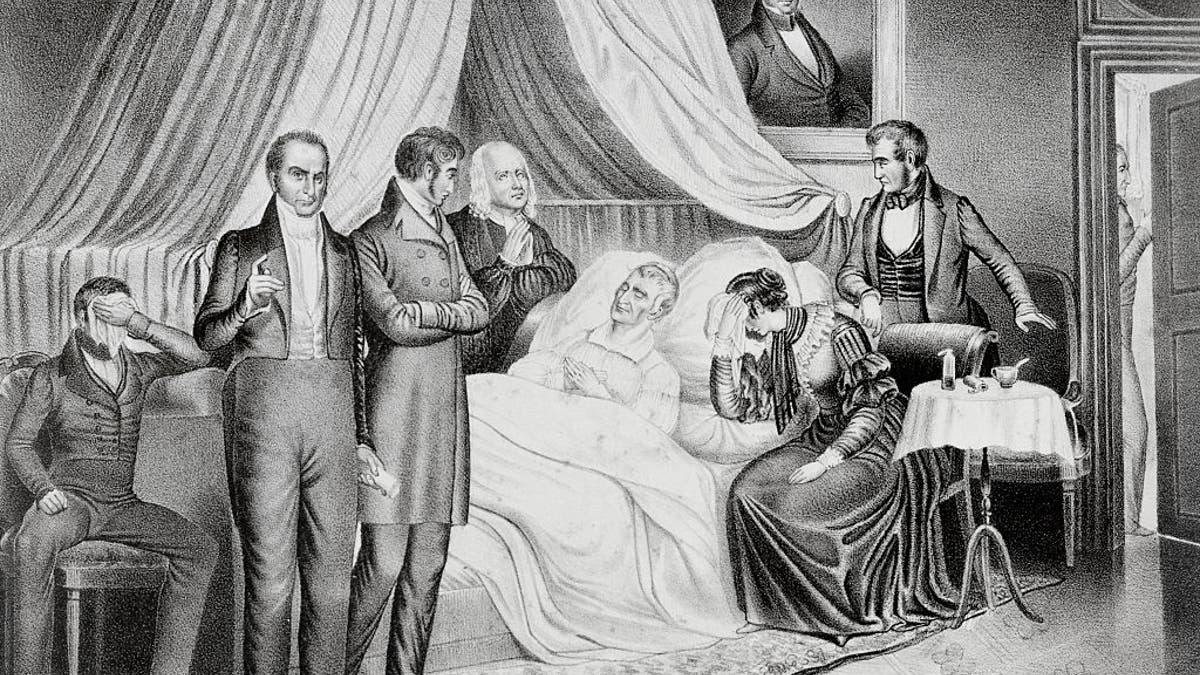
His presidency would be the shortest on record.
Harrison was 68 at the time of his inauguration in March 1841. The age made him the oldest president to assume the office until 69-year-old Ronald Reagan became president on Jan. 20, 1981.
For more Lifestyle articles, visit www.foxnews.com/lifestyle
Harrison braved a chilly inauguration day with no hat or overcoat. He grew sick days later.
He died on April 4, after just 31 days in office.
Tyler served out the remaining four-year term.
Harrison’s legacy was felt decades later when his grandson, Benjamin Harrison, became the 23rd president of the United States in 1893.
